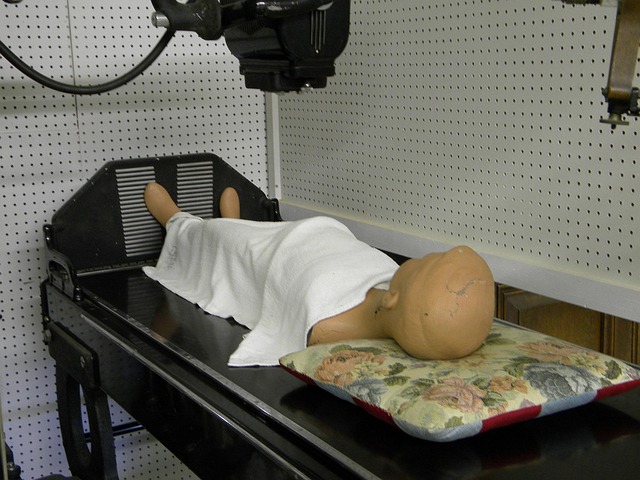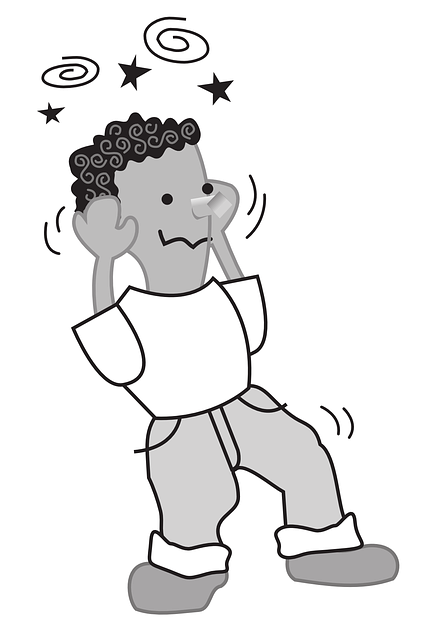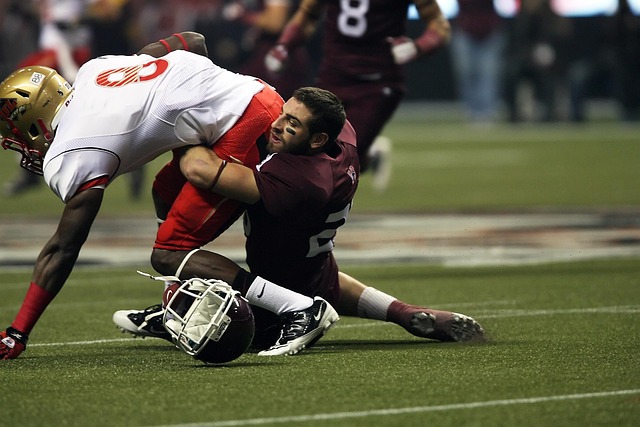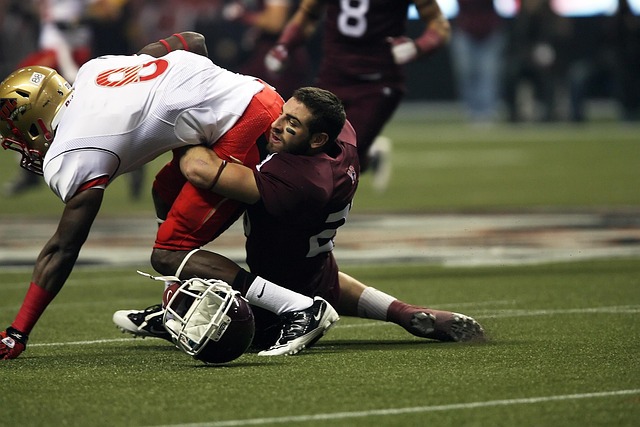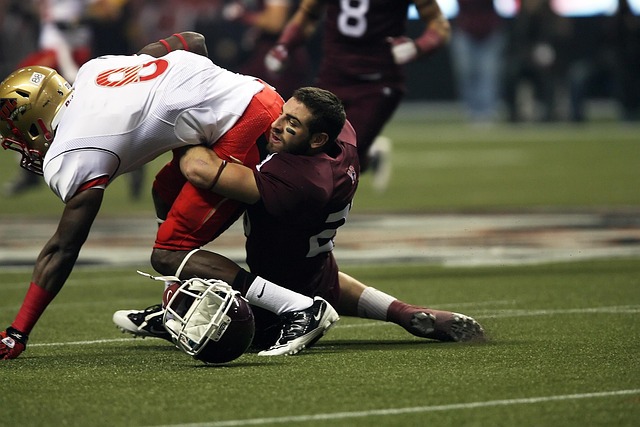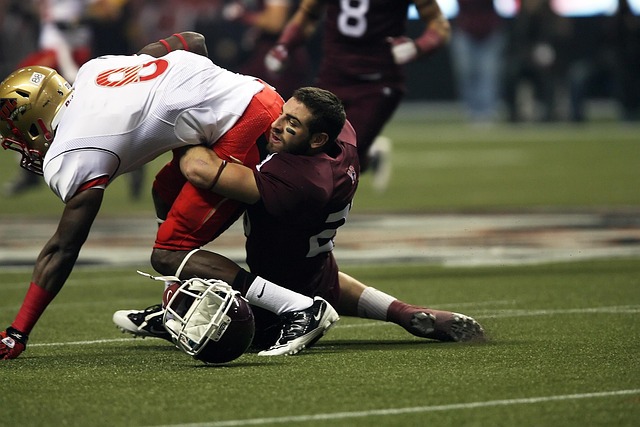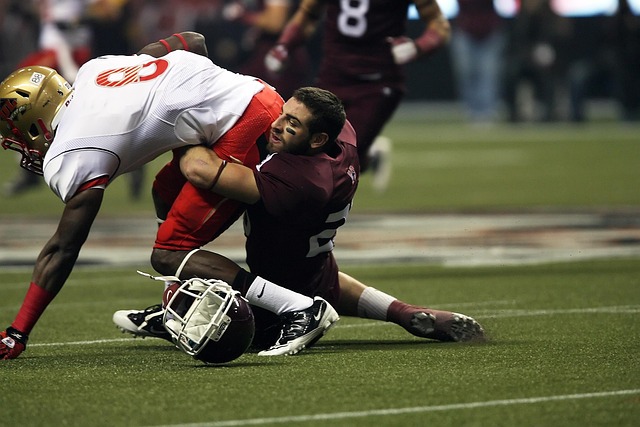Mild Traumatic Brain Injury (MTBI), commonly known as a concussion, affects millions globally and is caused by head trauma, leading to symptoms like headaches and dizziness. Chiropractic care offers a non-invasive, holistic approach to recovery, focusing on spinal alignment and nervous system health. Chiropractors use techniques such as spinal adjustments, exercises, and lifestyle changes to reduce pain, improve mobility, and support the body's natural healing process, potentially speeding up recovery from concussion injuries. This comprehensive strategy addresses physical, cognitive, and emotional aspects of recovery, helping individuals regain function and enhance their quality of life.
Chiropractors offer specialized care for individuals recovering from mild traumatic brain injuries (MTBI), a common yet potentially debilitating condition. This article explores the significant role of chiropractic support in managing concussions and facilitating MTBI recovery. Understanding MTBI’s impact is crucial, as it can manifest in various symptoms affecting daily life. Chiropractic care provides non-invasive treatments to alleviate these symptoms, focusing on adjustments, therapy, and rehabilitation. By employing evidence-based strategies, chiropractors help patients regain cognitive function and overall well-being after a concussion injury.
- Understanding Mild Traumatic Brain Injury (MTBI) and Its Impact
- The Role of Chiropractic Care in Concussion Management
- Effective Chiropractic Treatment Strategies for MTBI Recovery
Understanding Mild Traumatic Brain Injury (MTBI) and Its Impact

Mild Traumatic Brain Injury (MTBI), often referred to as a concussion, is a common yet potentially serious condition affecting millions worldwide. It occurs due to a blow or shock to the head, causing temporary impairment in brain function. While many people recover fully within a short period, MTBI can have long-lasting effects on cognitive abilities, physical health, and overall quality of life. Symptoms may include headaches, dizziness, nausea, memory issues, and sensitivity to light or noise.
Chiropractic care has emerged as a valuable non-invasive approach for managing MTBI symptoms. Chiropractic treatments focus on the spine and nervous system, recognizing that structural misalignments can impact brain function. Adjustments, combined with specific exercises and lifestyle modifications, aim to reduce pain, improve nerve communication, and enhance overall recovery from concussion injuries. This holistic approach complements traditional medical care, offering a natural path to support individuals affected by mild traumatic brain injury.
The Role of Chiropractic Care in Concussion Management

Chiropractic care plays a significant role in the management and recovery from mild traumatic brain injuries, commonly known as concussions. This alternative treatment approach focuses on the spine and its potential impact on overall health, including brain function. Chiropractors believe that misalignments or restrictions in the spine can affect nerve impulses traveling to the brain, which may contribute to concussion symptoms.
Chiropractic treatment for concussion injury involves various techniques such as spinal adjustments, soft-tissue therapy, and personalized rehabilitation exercises. These methods aim to reduce pain, improve mobility, and support the body’s natural healing process. By addressing spine-brain connectivity, chiropractors can help alleviate common post-concussion symptoms like headaches, dizziness, and cognitive impairments. This holistic approach to concussion management has gained recognition in the medical community for its potential benefits in facilitating a safe and accelerated recovery.
Effective Chiropractic Treatment Strategies for MTBI Recovery

Chiropractic care offers a holistic approach to managing mild traumatic brain injuries (MTBI), focusing on symptoms and underlying structural imbalances. Effective chiropractic treatment strategies for MTBI recovery include specific spinal adjustments, manual therapies, and exercise-based interventions. These techniques aim to reduce inflammation, improve nerve function, and support the body’s natural healing processes.
Chiropractors also incorporate education on postural corrective exercises, cognitive rest, and gradual return-to-activity protocols. This comprehensive approach addresses physical, cognitive, and emotional aspects of recovery, helping individuals regain function and enhance overall quality of life after a concussion injury.
Chiropractic care offers a promising approach to managing mild traumatic brain injuries (MTBI), particularly in conjunction with traditional medical treatments. By utilizing specific adjustment techniques and individualized rehabilitation strategies, chiropractors can play a vital role in facilitating recovery from MTBI, including concussions. Through evidence-based chiropractic treatment for concussion injury, patients may experience improved cognitive function, reduced symptoms, and enhanced overall quality of life. Further research and collaboration between healthcare professionals are essential to optimize these outcomes and continue advancing the field of MTBI rehabilitation.
